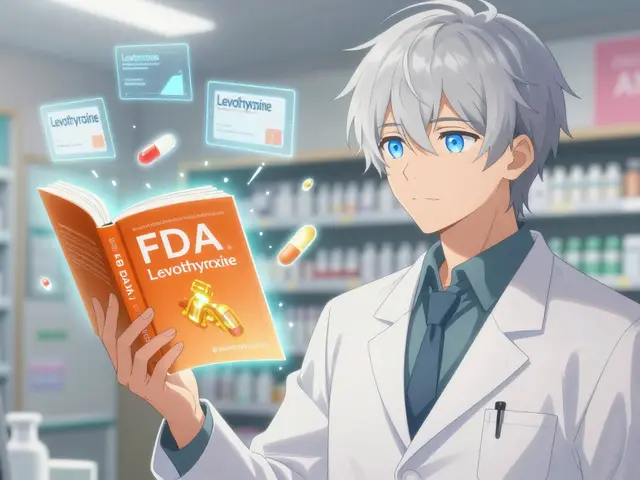Hematological Side Effects – What to Expect From Your Medications
If a prescription or over‑the‑counter pill makes you feel faint, bruised, or unusually tired, it might be affecting your blood. Those problems are called hematological side effects. They range from mild drops in red cells to serious clotting disorders. Knowing the signs can save you a trip to the ER and keep you on track with treatment.
Common Blood‑Related Side Effects
Below are the side effects you’ll hear most often linked to medicines:
- Anemia: Your blood can’t carry enough oxygen, leading to fatigue, shortness of breath, or pale skin.
- Low platelet count (thrombocytopenia): Fewer platelets mean easy bruising, nosebleeds, or bleeding gums.
- High platelet count (thrombocytosis): Too many platelets can cause unwanted clots, which feel like sudden pain or swelling in a limb.
- Leukopenia: A drop in white‑blood cells makes infections hit harder and more often.
- Hemolysis: Red cells break down fast, causing jaundice, dark urine, or rapid heart rate.
Some drugs you might already see on our site—like certain antibiotics (e.g., Noroxin) or antihistamines (e.g., Bepotastine)—have been reported to trigger these issues, especially when taken long‑term or at high doses.
How to Spot and Manage Them
First, keep an eye on everyday symptoms. If you notice sudden fatigue, unexplained bruises, or frequent nosebleeds, write it down and tell your doctor right away. A simple blood test (CBC) can flag any changes before they become dangerous.
Second, follow the dosage instructions exactly. Skipping meals, mixing alcohol, or using other drugs can amplify blood‑related risks. If a medication warns about blood effects, set a reminder to get a lab check after a few weeks.
Third, talk to your prescriber about alternatives. Many drugs have safer options that don’t hit the blood as hard. For example, instead of a fluoroquinolone like Noroxin, a different class of antibiotic might work just as well with fewer hematologic concerns.
Finally, know when to act. If you start coughing up blood, see rapid swelling in a leg, or feel a sudden light‑headed spell, call emergency services. Those could be signs of a clot or severe anemia that need immediate care.
Keeping your blood healthy while on medication is all about awareness and communication. Use the tips above, ask questions at each doctor visit, and schedule routine blood work if your drug list includes known hematological risks. Your blood is the highway for oxygen and immunity—protect it, and your body will thank you.

Cyclophosphamide Blood Health Guide: Managing Hematological Side Effects
Clear, practical guide to protect your blood health on cyclophosphamide: what to expect, when labs drop, red flags, prevention, and step-by-step actions.




